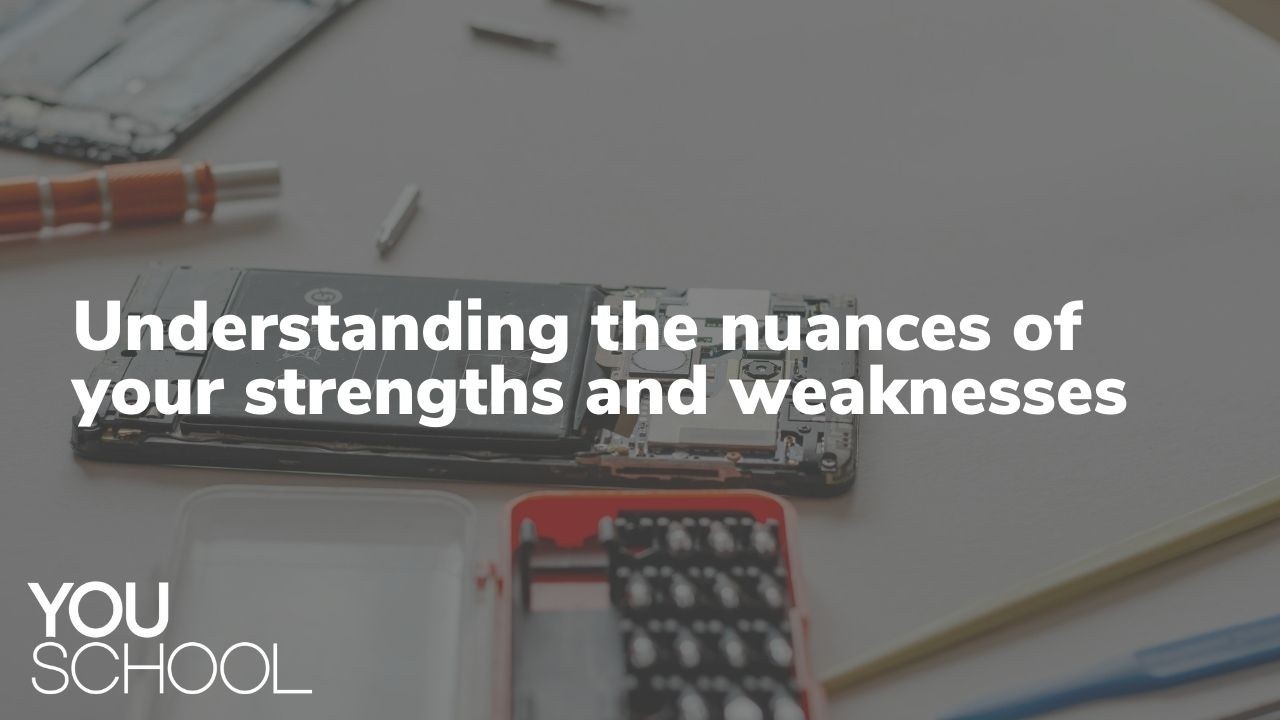How to Help Your Kids With Self-Acceptance

It turns out, that I'm pretty good at math. I discovered that pretty early on; it was the only time I would turn in a test or a quiz quicker than all the other kids. Typically, the only points I'd get taken away were for not showing my work. It came easily to me.
When a kid is good at math, they often are encouraged to explore careers that are math-heavy, fields like engineering or teaching, or business. Business was the one that stuck out to me, and as a teen, I calculated the math of my career opportunities and started declaring: "When I get older I'm going to go into finance or accounting. I'm going to be the CFO of an international company someday."
The problem was, math wasn't really a strength of mine. I was good at it, but it drained me.
It wasn't until I met a good friend in college who was a math major that I realized the difference. He loved math. Math came easy to him, too, but he also enjoyed it. Math made him come alive, as strange as it sounds.
What is he doing today? He's my financial advisor.
For me, math came easy but it wasn't what brought any energy or joy. Maybe if Maria Kondo was around earlier, I could've gotten some better advice. There's nothing wrong with pursuing a career in a field that comes easily to you but lacks excitement, it just probably won't work out that well.
As a dad, I'm mindful of the tendency to encourage my kids to pursue careers that will be stable and responsible. I worry about them. Will they make it? Will they find someone to pay them money? Will they get off our payroll?
Since we have a few more laps around the track with them, I'm going to do my darndest to also help them pay attention to the inner parts of their talents. Maybe even encourage them to explore something they're drawn to if it doesn't come naturally or easily to them. My son is good at math, too. He's also good at fixing things. And good with little kids. He's really good at explaining complex things. He seems to understand politics more than most kids his age. He's good with his hands, and he's very athletic. There are a bunch of things that come easily and naturally to him. The question is, what will be worth his energy, focus, and time?
That's a lot more nuanced and requires more attention and care and cultivation. We don't want to miss something, either dismissing something too early as a weakness or getting too bullish on what we think is a strength. As Sir Ken Robinson said, “You cannot predict the outcome of human development. All you can do is like a farmer create the conditions under which it will begin to flourish.”
[One core foundation to build a kid's strength is to help them define their core beliefs. Learn more here.]
